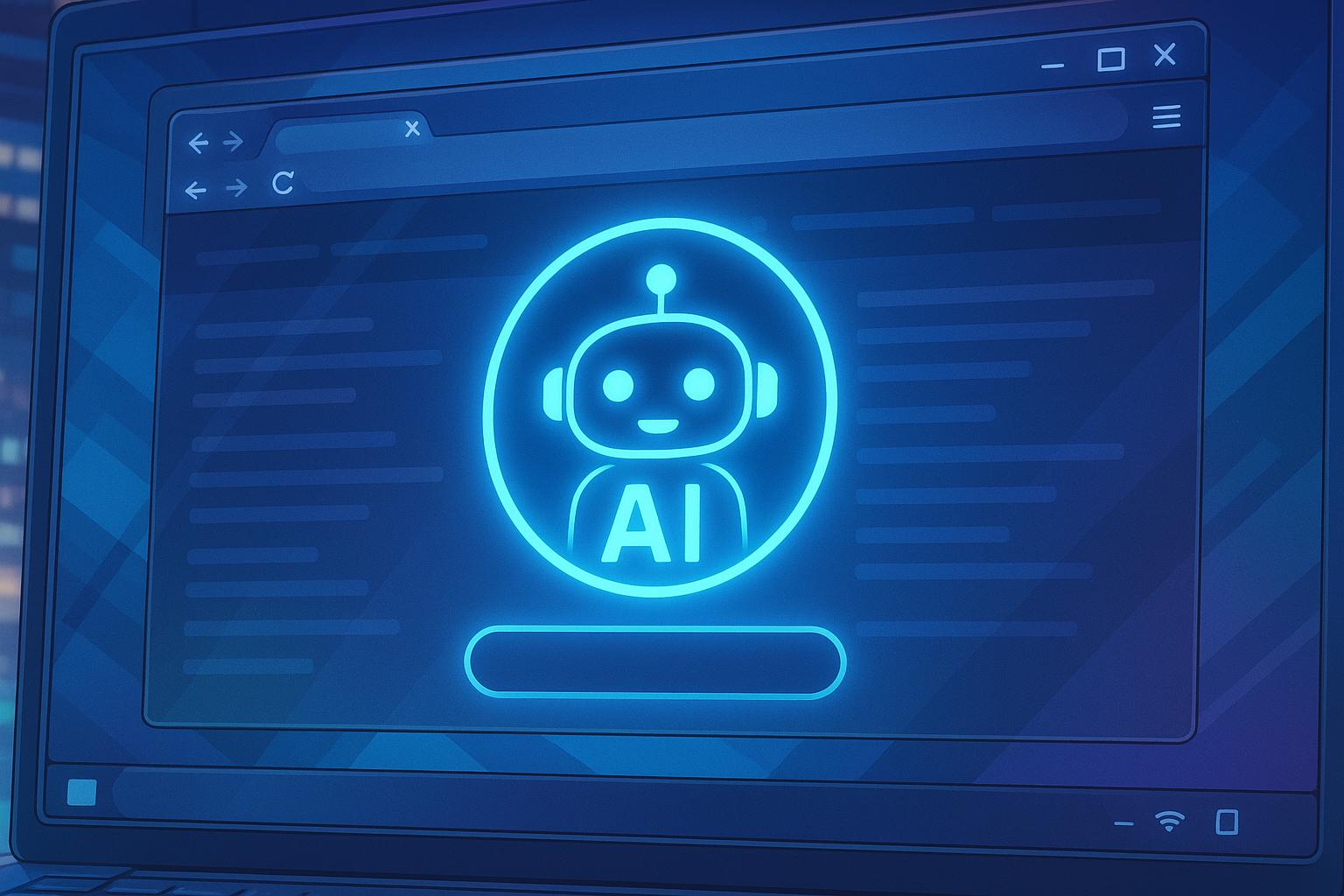Artificial intelligence has transitioned from a supporting role to a central force in our technology-driven lives, particularly within the realm of web browsers on Windows. Historically relegated to behind-the-scenes functions such as predictive text and tailored content, AI is now reshaping how users interact with their devices and the internet. As big tech companies integrate more advanced AI features into their platforms, Windows users are poised for a significant shift in their browsing experiences.
Upcoming changes in the Windows operating system herald a deeper integration of AI, allowing chatbots access to various PC applications. The forthcoming features are designed to enhance user interaction, providing increased efficiency and adaptability. Google's recent implementation of AI capabilities in its Search platform serves as a precursor to similar transformations in web browsers. As generative AI starts to redefine online searches, it is also reshaping engagement paradigms across the web. For professionals, embracing these advancements could facilitate greater productivity and streamline workflows.
Among the various browsers, Google Chrome is quietly undergoing a transformation with the introduction of Gemini, an AI system embedded directly into the browser experience. Announced at Google I/O 2025, users will soon notice a Gemini icon within Chrome’s title bar, which offers real-time page summaries and responsive interaction through both text and voice. Early access has already been granted to select Google AI Pro and Ultra subscribers, with future enhancements likely to include features that allow Gemini to aggregate information across multiple tabs and perform automated tasks. This move signals a transition of Chrome from a passive browsing tool to an active digital assistant.
Similarly, Microsoft is not lagging behind, as it integrates AI through its Edge browser. With the introduction of the Copilot assistant, users can interact with AI tools that facilitate a deeper connection to the content being viewed. Features such as Copilot Vision allow users to engage with web pages via voice and share their browsing experiences seamlessly. Following the Microsoft Build 2025 event, the Edge browser will feature a new Copilot prompt box, enhancing user interaction by personalising responses based on previous browsing history. While these advancements are currently experimental, they hint at a future where browsing becomes a more conversational and dynamic experience.
Opera has also made strides in AI integration with the relaunch of its Opera Neon browser, which introduces 'agentic browsing.' This feature allows the browser to assist users actively, particularly in tasks like online shopping, acting almost as a personal shopping assistant. Notably, Opera's commitment to privacy sets it apart; all AI operations occur locally on the user's device, ensuring that sensitive browsing data remains secure. This approach balances the convenience of AI assistance with the growing concern over data privacy.
Mozilla Firefox has opted for a user-centric flexibility by introducing an AI chatbot sidebar, allowing individuals to choose their preferred assistant—be it ChatGPT or Claude—rather than adopting a one-size-fits-all solution. This flexibility caters to users' diverse needs and preferences, enhancing overall satisfaction. Alternatively, the Brave browser has introduced its own AI assistant, Leo AI, which allows users unprecedented control by enabling them to 'bring their own model.' This means that users can host their AI engines in locations they trust, reflecting a rising trend prioritising privacy and customisation over standard solutions.
As these developments unfold, the landscape of web browsing on Windows is set to undergo significant changes. AI is not merely augmenting existing functionalities; it is redefining how users interact with technology, transforming traditional browsing into a more engaging, efficient, and personalized experience. For users, the challenge will be to stay informed and adept at navigating this new era of AI-enhanced digital interaction. The implications are vast, opening new possibilities while raising essential questions about privacy, control, and user agency in this rapidly evolving domain.
##Reference Map:
- Paragraph 1 – [1], [3]
- Paragraph 2 – [1], [2], [5]
- Paragraph 3 – [1], [4], [6]
- Paragraph 4 – [1], [5]
- Paragraph 5 – [2], [3]
- Paragraph 6 – [1], [2]
Source: Noah Wire Services
